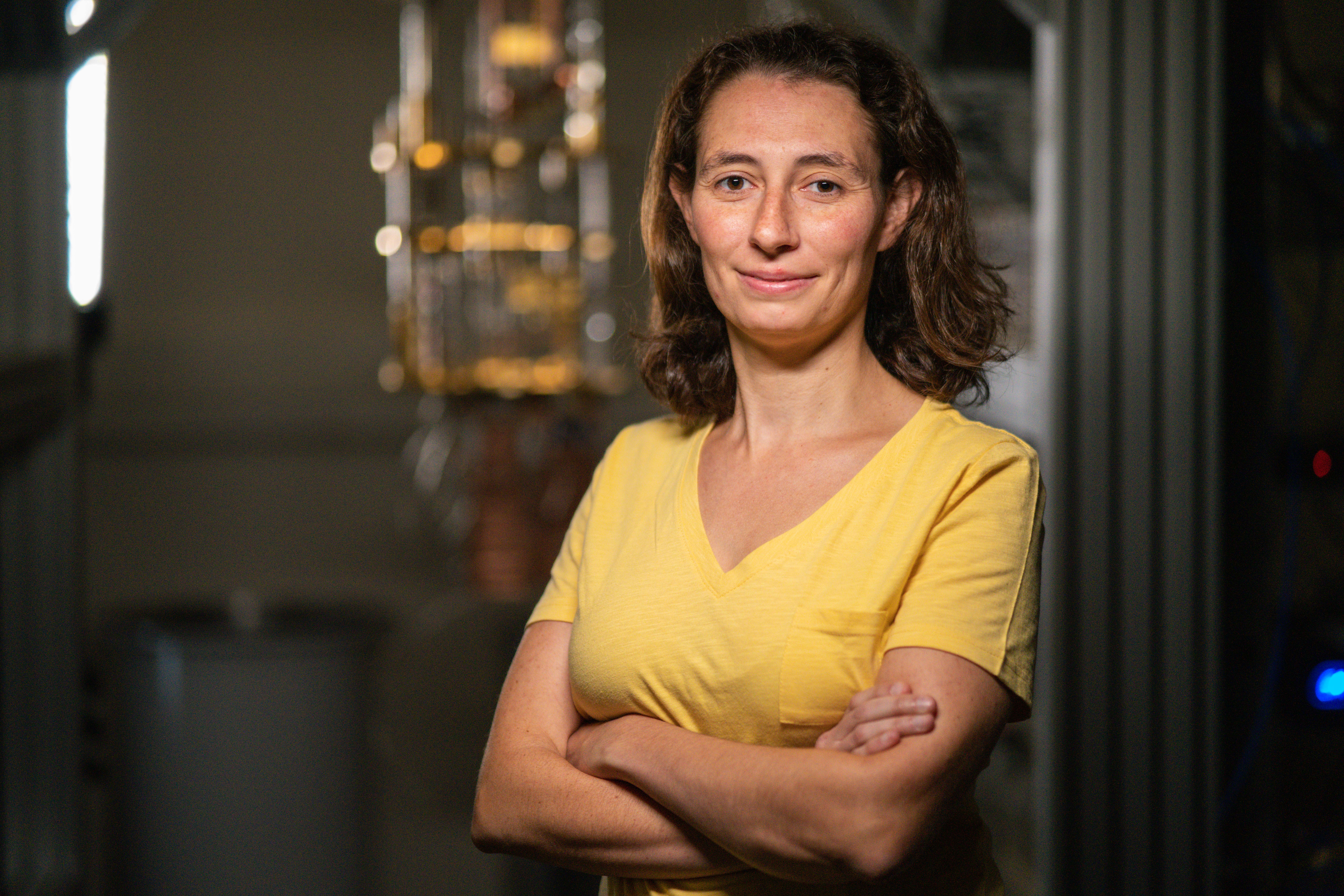The main research focus of new faculty member Asst. Prof. Anna Keselman of the Faculty of Physics, is on strongly correlated electron systems.
These are materials in which strong repulsions between electrons play an important role. In particular, they can give rise to insulating states in which the electrons become immobile. The spins of the electrons however can still fluctuate and interact with each other, creating different states. In ferromagnets, for example, all the spins point in the same direction and the material behaves like a magnet. The spins of antiferromagnets, on the other hand, are ordered but cancel each other out. The most interesting states arise when the spins’ interaction creates frustration: this is known as frustrated magnetism.
“As a result of this frustration, the spins are not ordered since no pattern suits them energetically. They must find a very different state from the classical, ordered one,” Prof. Keselman explains. “The solution is to create new quantum states that don’t have any classical analogies and are distinguished by their basic excitations that carry degrees of freedom that are fractions of the electrons’ original degrees of freedom.”
In some cases, the resulting state can be an electronic insulator but still behave like a metal – for example,
it could conduct heat as if it were a metal. In others, it can host topological excitations similar to the excitations in topological superconductors which can be useful for quantum computation.
For more information regarding Anna Keselman's lab

